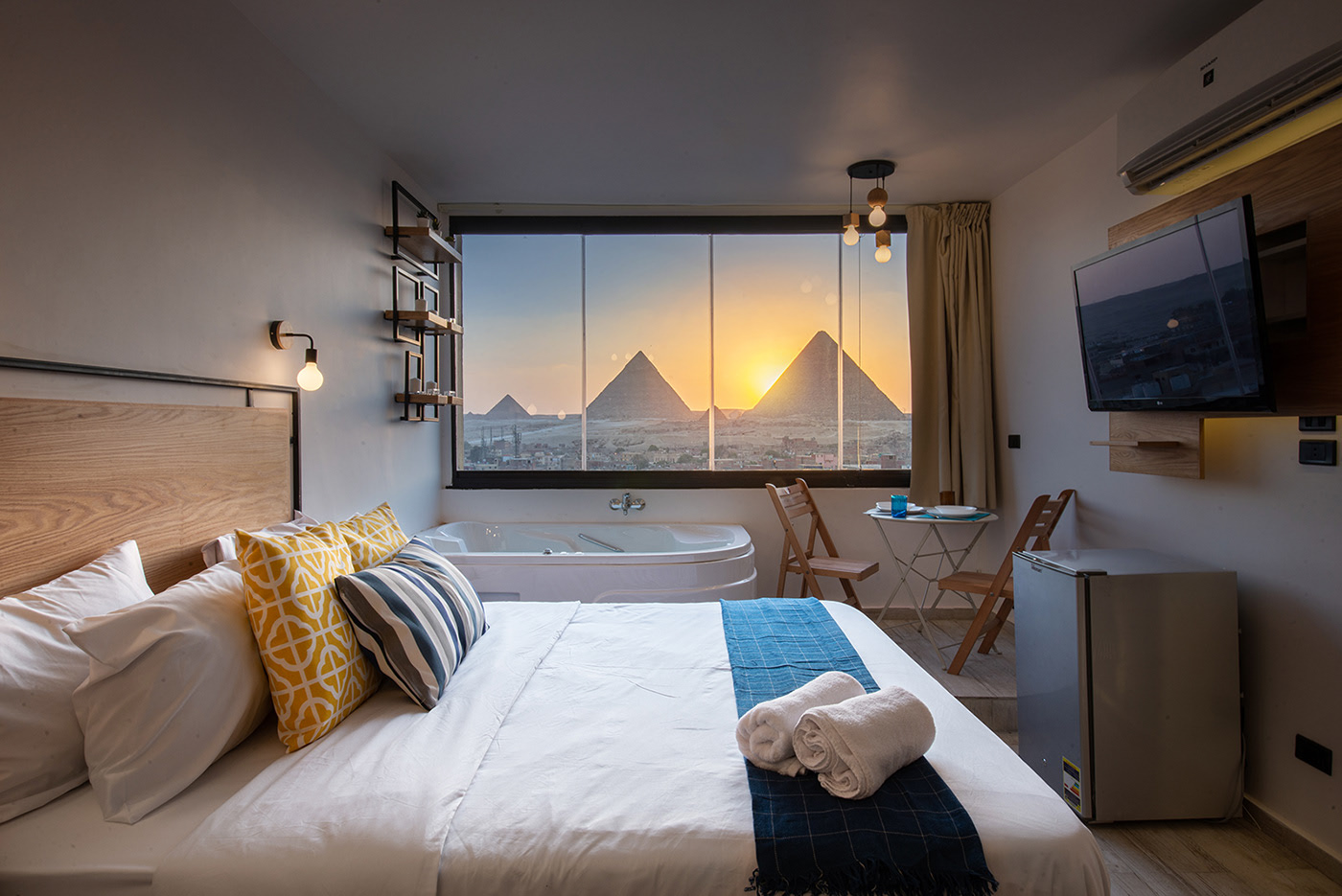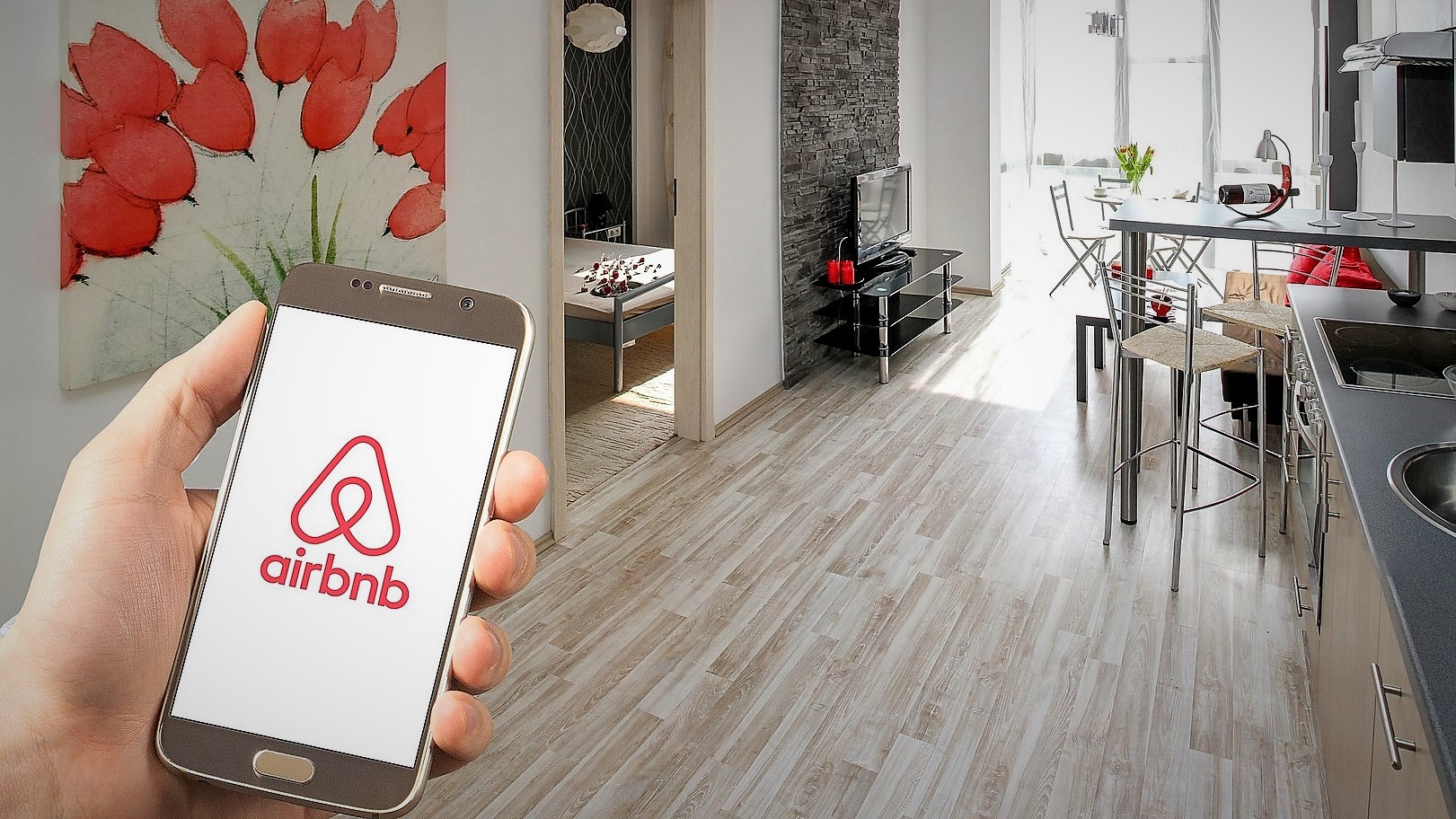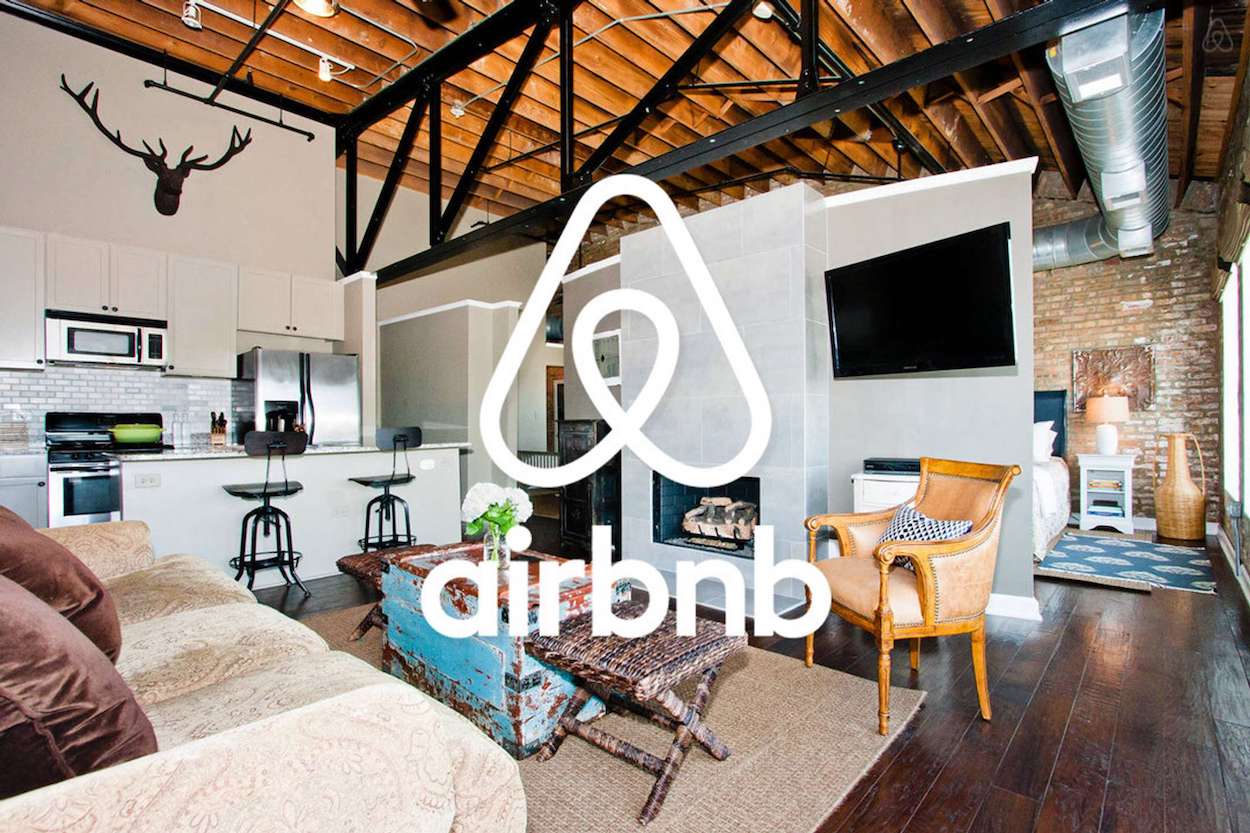Table of Contents
ToggleHave you ever wondered if platforms like Airbnb are reshaping the way Egyptians rent properties in Cairo?
As short-term rental platforms gain popularity worldwide, Cairo is now seeing its own surge of listings, ranging from Nile-view apartments in Zamalek to cozy studios in New Cairo. But does Airbnb really change the rental market, or is it simply adding flexibility to an already complex landscape?
The truth lies somewhere in between. While Airbnb brings opportunities for landlords and tourists, it also raises questions about affordability, regulation, and the long-term health of Cairo’s rental economy. In this article, we’ll dive deep into how Airbnb is impacting Cairo’s housing dynamics, who benefits, and what challenges lie ahead.
The Rise of Airbnb in Cairo
Airbnb first gained traction in Cairo as the tourism sector recovered after periods of instability. With millions of visitors drawn to the Pyramids, the Egyptian Museum, and Islamic Cairo, homeowners saw an opportunity to turn spare apartments into income-generating assets.
Today, hundreds of listings are available across the city, from budget-friendly studios to luxury penthouses. The platform appeals not only to international tourists but also to Egyptians seeking short-term rentals for business trips, family visits, or staycations.
This growing presence has sparked conversations about whether Airbnb is merely serving visitors or fundamentally changing Cairo’s rental dynamics.

Why Landlords Are Turning to Airbnb
For property owners, Airbnb offers flexibility and potentially higher returns compared to long-term rentals. A flat that might rent for 10,000 EGP per month could earn more if listed at 1,000 EGP per night and occupied half the month.
Beyond income, landlords enjoy greater control—they can block dates for personal use, adjust prices seasonally, and avoid the risks of long-term tenant disputes. In a city where eviction laws can be complicated, many landlords find short-term rentals more appealing.
This shift, however, means some units that might have served residents are now reserved for tourists, raising concerns about housing supply.
Popular Areas for Airbnb in Cairo
Airbnb’s distribution across Cairo isn’t random—it clusters in neighborhoods with tourist appeal and modern infrastructure.
- Zamalek: Nile views, cultural attractions, and expat-friendly amenities make it a top choice.
- Downtown Cairo: Historical charm and proximity to landmarks attract budget-conscious travelers.
- New Cairo and Fifth Settlement: Popular with business travelers and families seeking modern apartments.
- Maadi: Known for its greenery and international community, it appeals to long-term visitors.
These hotspots reflect a clear trend: Airbnb thrives where demand for short-term accommodation aligns with lifestyle conveniences.
How Airbnb Affects Traditional Rentals
The biggest question is whether Airbnb reduces the supply of traditional rental housing. In high-demand neighborhoods like Zamalek or Maadi, landlords shifting to short-term rentals can reduce availability for long-term tenants, driving prices upward.
Tenants may find themselves competing not only with other residents but also with tourists. Over time, this could reshape Cairo’s rental affordability. However, outside prime neighborhoods, Airbnb’s effect remains limited, as demand from locals continues to dominate.
The impact is therefore uneven—Airbnb may transform some pockets of the city while leaving others largely unchanged.
Regulation and Legal Grey Areas
Unlike cities such as Paris or New York, Cairo currently lacks a clear legal framework for short-term rentals. Airbnb hosts operate in a grey zone, often without formal licenses or taxation.
Authorities face a dilemma: regulating Airbnb could protect tenants and generate tax revenue, but overly strict rules might stifle tourism and discourage investment.
For now, enforcement is limited, but discussions about taxation and registration are increasing. The future of Airbnb in Cairo may hinge on how policymakers strike a balance between innovation and regulation.

Impact on Tourism and Hospitality
From a tourism perspective, Airbnb has been a game-changer. Visitors gain access to authentic neighborhoods and more affordable stays compared to hotels. Families, in particular, appreciate the space and kitchen facilities that hotels often lack.
For the hospitality industry, however, Airbnb is both a competitor and a complement. Hotels continue to attract luxury and business travelers, but Airbnb appeals to budget-conscious or experience-seeking guests. The coexistence of both options has diversified Cairo’s tourism landscape.
In the long term, this diversity could help Egypt attract a broader range of visitors.
Economic Opportunities for Locals
Airbnb also creates opportunities beyond landlords. Local cleaners, property managers, and small businesses benefit from increased short-term stays. Some Egyptians have even launched Airbnb management services, handling everything from check-ins to marketing for absentee owners.
This micro-economy supports job creation and adds value to local communities. However, critics warn that if growth remains unchecked, it could prioritize tourists over residents in certain districts.
The challenge is ensuring that the benefits of Airbnb are spread equitably.
Risks for Tenants and Buyers
Not all impacts are positive. Tenants in buildings with Airbnb units sometimes face issues like noise, security concerns, or frequent comings and goings of strangers. For buyers, properties in heavily Airbnb-saturated areas may face fluctuating market values, depending on how regulations evolve.
Additionally, without strong oversight, guests risk scams or poorly maintained units, while landlords risk damages or disputes. These risks highlight the need for stronger frameworks to protect all parties involved.
Technology and Market Transparency
One advantage of Airbnb is the transparency it brings to the rental market. Listings provide standardized photos, reviews, and pricing, helping guests and hosts make informed choices. This visibility could inspire traditional landlords to improve their offerings and adopt better service practices.
Moreover, integration with digital payment systems increases formality in a sector often dominated by cash. Over time, this could help formalize parts of Cairo’s rental economy, making it more professional and competitive.

What the Future Holds for Airbnb in Cairo
Airbnb in Cairo is still in its early stages compared to global markets, but its growth potential is enormous. As Egypt continues to promote tourism and attract international visitors, short-term rentals will likely play an expanding role.
The future will depend on three key factors: government regulation, landlord adoption, and tenant demand. If regulations are designed to encourage fairness without stifling growth, Airbnb could become a lasting fixture of Cairo’s housing landscape.
For now, it’s clear that Airbnb is more than a passing trend—it’s a sign of Cairo’s rental market evolving to meet global standards.
Frequently Asked Questions(FAQs):
1. Is Airbnb legal in Cairo?
Currently, Airbnb operates in a legal grey area, with no specific framework regulating short-term rentals.
2. Do landlords earn more from Airbnb than traditional rentals?
Yes, in high-demand areas, landlords can often earn higher returns through short-term rentals.
3. Which neighborhoods in Cairo are most popular for Airbnb?
Zamalek, Downtown Cairo, Maadi, and New Cairo are the top hotspots.
4. Does Airbnb reduce housing availability for locals?
In some prime areas, yes, as landlords shift units from long-term rentals to short-term listings.
5. How does Airbnb affect Cairo’s hotels?
Airbnb competes with budget hotels but complements the market by offering more diverse accommodation options.
6. What risks do Airbnb landlords face?
Risks include property damage, unreliable guests, and potential legal challenges if regulations change.
7. Can foreigners list properties on Airbnb in Cairo?
Yes, but they must comply with Egypt’s property ownership laws and platform rules.
8. How does Airbnb benefit local communities?
It creates jobs in property management, cleaning, and tourism services, boosting local economies.
9. Are Airbnb stays cheaper than hotels in Cairo?
Often, yes—especially for families or groups seeking larger spaces with kitchens.
10. Will the Egyptian government regulate Airbnb in the future?
Discussions are ongoing, and it’s likely regulations around taxation and licensing will be introduced.
